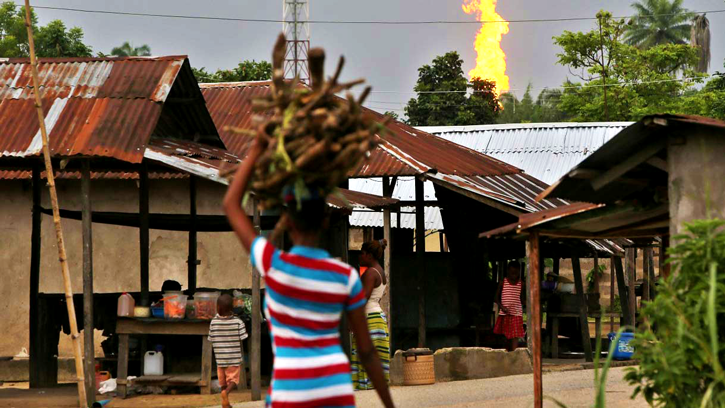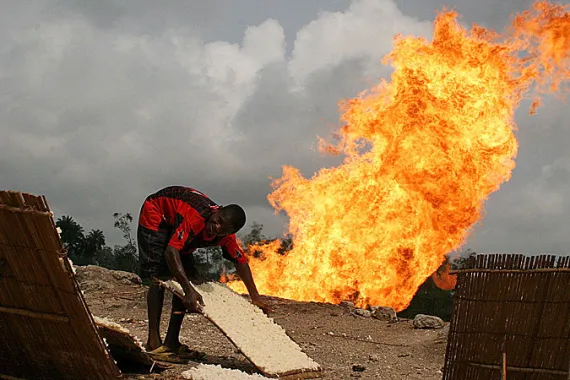- Gas flaring emits aggressive climate forcers and dangerous air pollutants like black carbon, methane, and volatile organic compounds – Core
- Surrounding communities suffer from increased health risks including premature deaths, respiratory illnesses, asthma amongst others – Science Research
Oil and gas giant Shell Plc revealed in its Shell Energy Transition Strategy 2024 report that approximately half of its gas flaring in 2023 occurred within its facilities in Nigeria
The company emphasized its commitment to reducing flaring, citing its inefficiency and contribution to climate change. As part of this effort, Shell announced plans to divest its Nigerian gas flaring assets to a consortium of indigenous energy firms, pending approval from the Federal Government of Nigeria and other regulatory conditions.
The report underscored Shell’s acceleration of its target to eliminate routine flaring from its upstream operations, moving it forward to 2025 from the initial goal of 2030 as part of the World Bank’s Zero Routine Flaring by 2030 initiative. Despite challenges, Shell noted a relative stability in routine flaring from its upstream oil and gas assets in 2023 compared to previous years, signaling progress in its reduction efforts.
Furthermore, the company disclosed a substantial investment of $5.6 billion in low-carbon solutions in 2023, representing 23 percent of its capital spending, with plans to allocate $10-15 billion towards similar initiatives between 2023 and 2025.
Shell outlined its strategic focus on developing low-carbon solutions and providing cleaner energy alternatives, particularly emphasizing its commitment to liquefied natural gas (LNG).
Additionally, the company unveiled plans to invest $11 million in 25 mini-grid projects across Nigeria through its funded investment company, All On, aiming to deliver affordable solar energy to underserved communities. Amidst its transition, Shell also announced intentions to sell its stakes in SPDC to Renaissance, signaling a shift from onshore to offshore oil operations.
However, the finalization of this deal remains pending approval from the Federal Government.
IMAGE: Wall street journal




